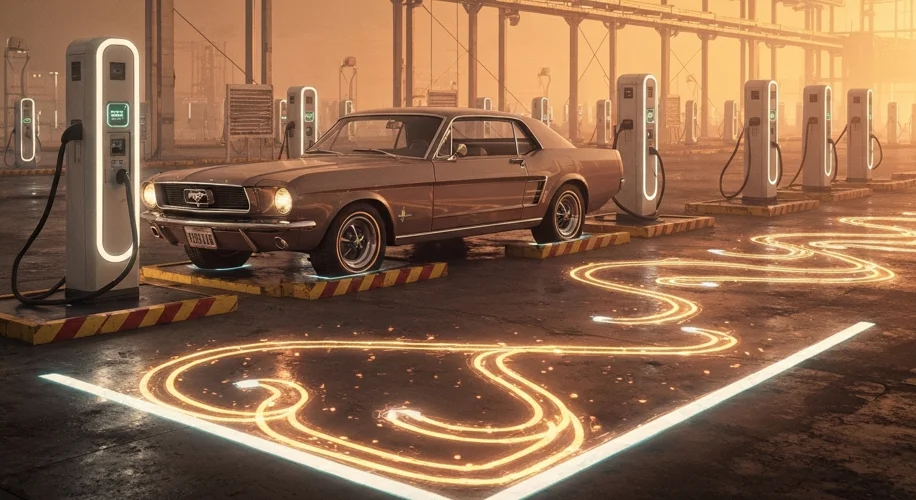It feels like every other week, we hear about the challenges facing the American car industry. From shifts in consumer demand to the massive undertaking of transitioning to electric vehicles (EVs), the road ahead looks bumpy. It’s a sector deeply woven into the fabric of American life, and understanding its current struggles is key to grasping its future.
Let’s look at the core issues. One of the biggest hurdles is the transition to electric vehicles. While many consumers are showing interest, the infrastructure for charging is still developing. For manufacturers, this means huge investments in new technologies, retooling factories, and retraining workforces. This isn’t a small adjustment; it’s a fundamental change in how cars are made and powered.
Then there’s the global competition. Car manufacturers worldwide are pushing forward with EV development, and some are further along than others. This puts pressure on American companies to innovate quickly and efficiently. Keeping up requires not just smart design, but also smart manufacturing and supply chain management. We’re seeing a lot of focus on battery technology, software integration, and autonomous driving features – areas where Silicon Valley is also heavily involved.
Supply chain issues have also been a persistent problem. Remember the chip shortages? That significantly impacted car production. While that specific crisis has eased, the need for robust and reliable supply chains for critical components, especially those used in EVs like batteries and semiconductors, remains a top priority. Building these resilient chains is complex and costly.
Consumer preferences are also evolving. There’s a growing demand for SUVs and trucks, but also a significant push towards more fuel-efficient and electric options. Balancing these diverse market demands while managing the massive shift to EVs is a delicate act for automakers. They have to cater to a wide range of buyers, from those who need a heavy-duty work vehicle to those looking for a commuter-friendly electric car.
So, what does the future hold? It’s hard to say for sure, but it’s clear that adaptation is essential. American car companies are making significant investments in EVs, exploring new business models, and trying to streamline production. The industry has a history of innovation, and this period will be a major test of that resilience. The focus on technology, from advanced driver-assistance systems to connected car features, will only intensify. It’s a period of immense change, and how American automakers navigate it will shape the industry for decades to come.

